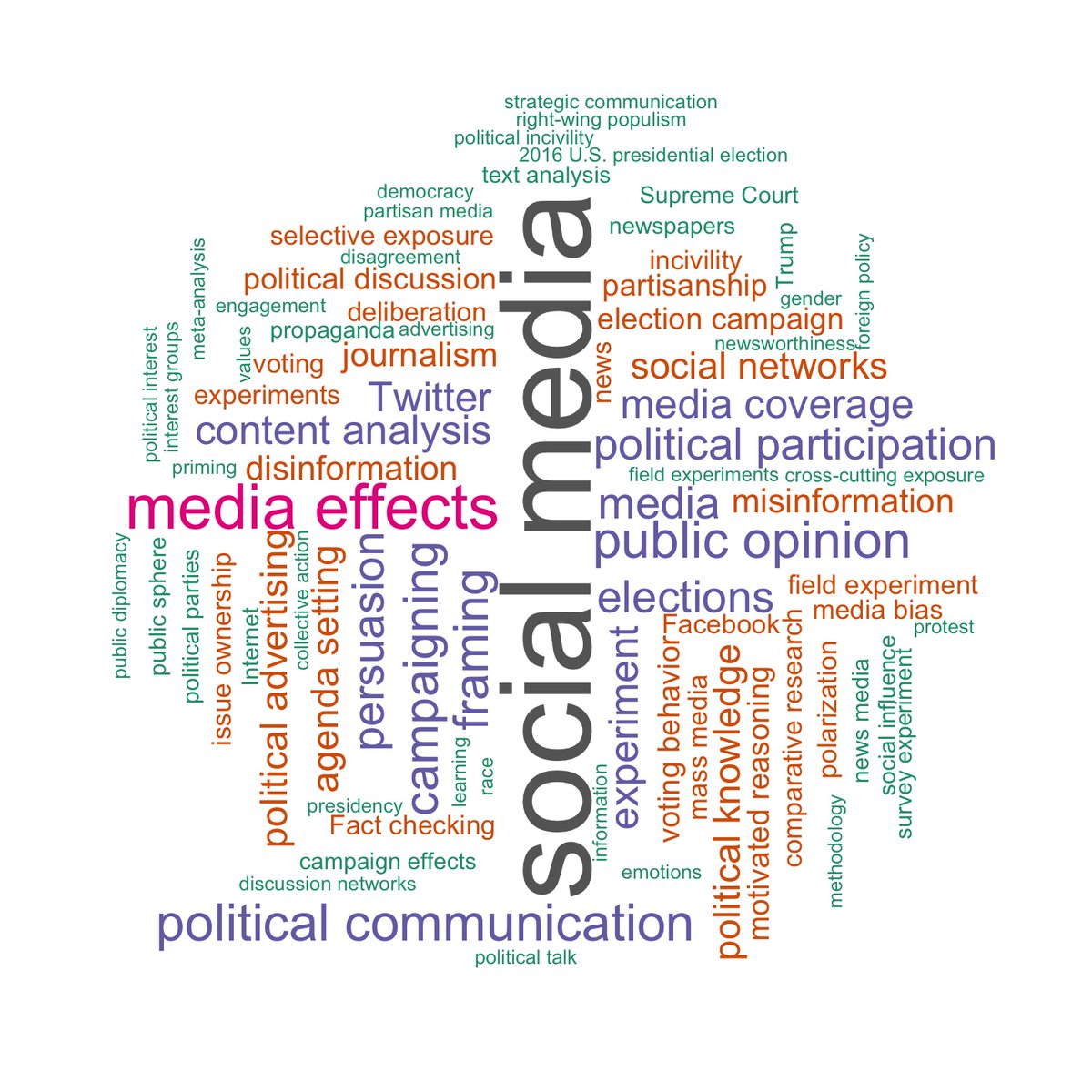For six years I had the honor and pleasure to be the Editor in Chief of Political Communication, our joint ICA/APSA @poli_com journal.
Time for a few reflections: the Musings of an Editor-Eject.
THREAD 🧵 [1/ ]
How is the journal doing? I believe well. Political communication scholarship is booming, [3/
A few highlights of the past years: going online, the Forum, #OpenScience, Special Issues, Diversity, and Community.
It is hard to imagine by September 2020, [6/
A second innovation was the decision to convert the at times too positive Book Review section into a new section, dubbed The Forum. [9/
A fifth point I want to highlight is diversity. [16/
As a journal, we are at the receiving end of topical diversity, in that our profile is determined by [20/
A sixth and final point: Community. The past years were marked by discussions about the peer review system. It often feels broken, [24/
Our subfield has seen the opportunity to publish increase, with journals focusing on journalism and [THREAD 2: 1/
Political Communication @poli_com is our home for this type of scholarship.
It was an honor to be a part of the journal’s journey.
Apologies for the rant. [END 8/8 🧵 #2]



